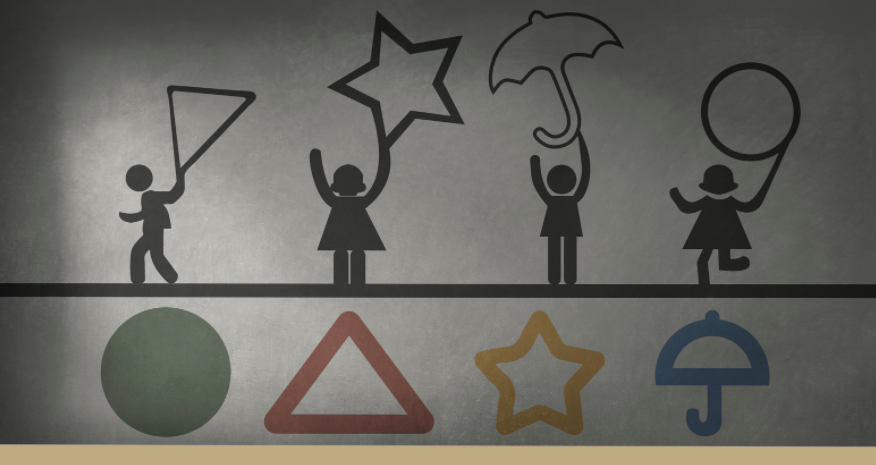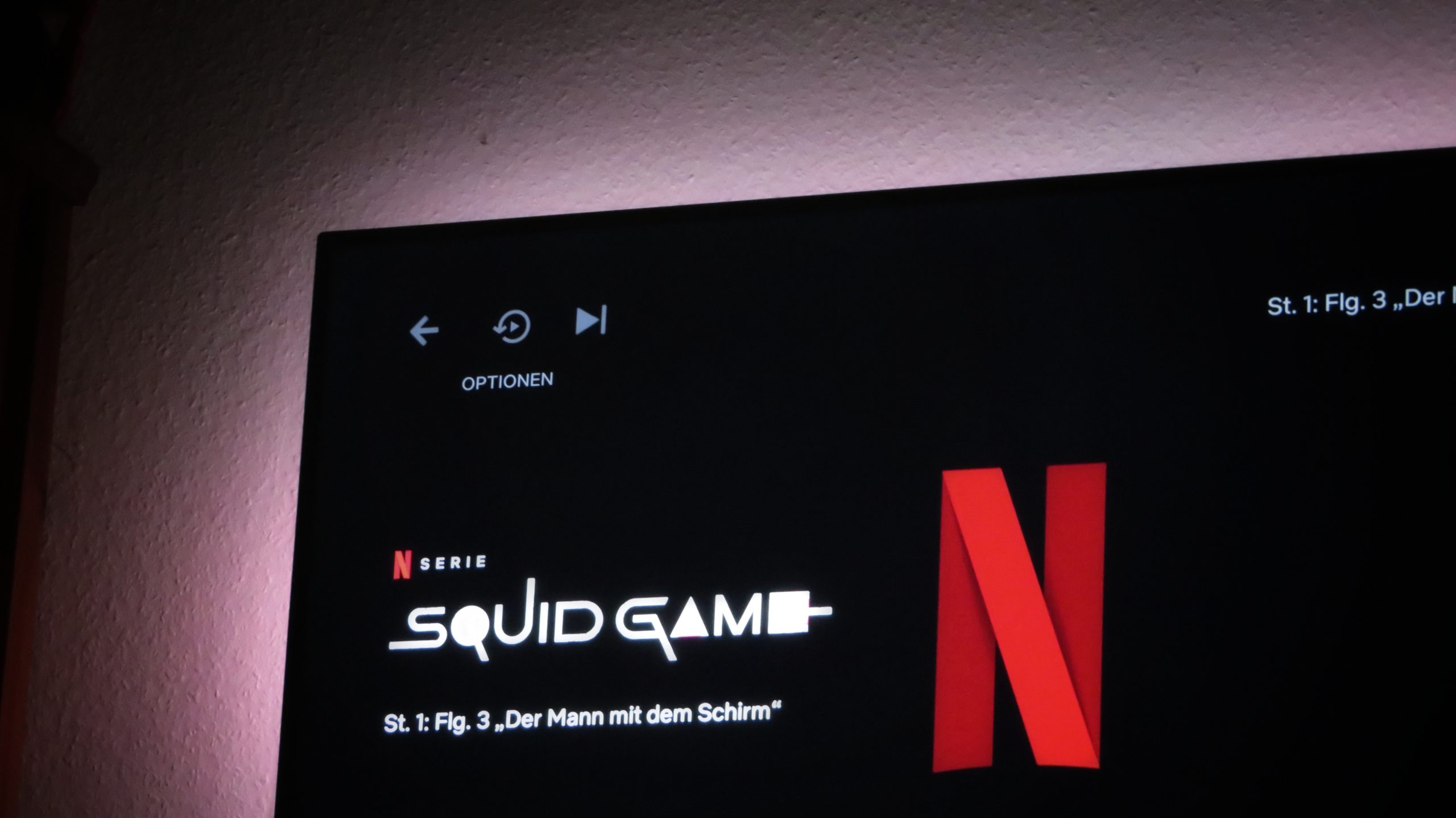The global streaming service has become an invaluable source of entertainment for millions worldwide. Over the last two years, people across the world have been asked to stay safe by staying indoors. Food couriers provided the nourishment whilst, oftentimes, Netflix provided the shows. Binge watching is what kept some of us sane.
With a Netflix subscription we can enjoy hundreds of Hollywood movies, but, perhaps more importantly, we could also experience the creativity of other nations. With a movie and series collection that includes The Artist, Roma, and Lupin, you can enjoy watching different cultures and tales from the comfort of your sofa.
So far, that’s all wonderful. However, there is a problem with most Netflix’s foreign productions – the subtitles.

Uncovering the two versions of Squid Game
If you’ve visited any mainstream online news portal, read any entertainment blog, or listened to any talk radio for long enough, you’re familiar with Squid Game. This South Korean production topped the Netflix charts with over 89 million completed viewings. It has become the streaming service’s most popular show ever, and continues to grow as more people talk about it.
What many viewers might not realise is that there are, technically, two versions of Squid Game. One version is the original one that is broadcast in the show’s native language. The other is the Westernised version that was unexpectedly created through ineffective translations.
Following a Tweet by a viewer who is fluent in both languages, the spotlight has been shown, once again, on Netflix’s great productions with poor subtitles.
In the example quoted by the Twitter user, Youngmi Mayer, the correct translation for a particular line in the series is, “I am very smart, I just never got a chance to study.” However, the actual subtitle reads, “I’m not a genius, but I still got it worked out.” This difference may be subtle, but over multiple episodes, the character development grows ever wider apart.
The problem with poor translation
It’s no secret that different cultures and languages have their own, distinct, metaphors and social understandings. Becoming a professional translator includes understanding the culture behind one language and interpreting it accurately into another. It’s a career that requires extensive studies and mentoring.
The alternative is unprofessional translations, or, perhaps worse, Google Translate. These services might be ok if you’re looking to translate reviews or menus, however, are a big risk for projects with a higher significance.
Netflix has often been accused of going cheap when hiring translators for its subtitles. Whether directly or through third-party vendors, the streaming service seems to consider translation as an afterthought. However, as we have seen with Squid Game, the results can damage a company’s reputation on a global scale in minutes.

Avoid the risk by using professionals
Our team is made up of seasoned professionals with extensive experience in providing accurate translation and interpretation services. More than simply converting one word from one language into another, we translate context, emotion, and cultural significance. The result is a meaningful translation that can also be certified.
If you would like to discuss your translation needs we invite you to give us a call. Over the years, we have been entrusted to provide our services to governments, businesses, and individuals, and have always delivered on time and budget.
Speak to us today.



